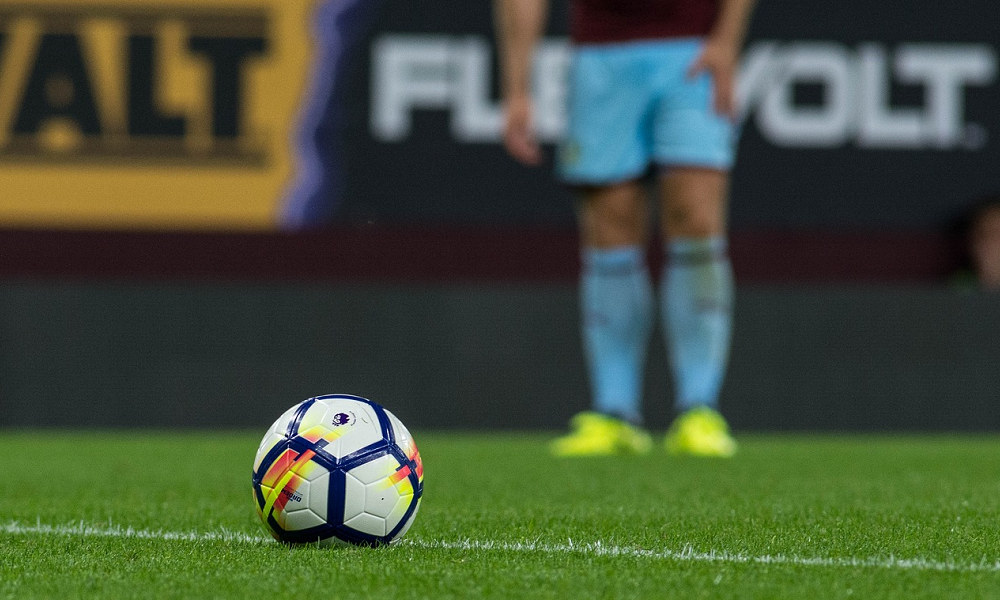Reviews
Explaining the new Champions League format

Real Madrid were crowned Champions of Europe last season, after their 2-0 victory over a plucky Borussia Dortmund at Wembley. Goals from Dani Carvajal and Vinícius Júnior, saw the Spanish giants lift the trophy for a record 15th time.
This seasons Campions League kicks off again on the 17-19 September, as the best club teams in Europe once again battle it out on the biggest stage in world football. But who are the favourites to make it all the way to the final at the Alliance Arena in Munich?
Most Champions League Titles:
- Real Madrid: 15
- AC Milan: 7
- Bayern Munich, Liverpool: 6
- FC Barcelona: 5
- Ajax: 4
- Inter Milan, Manchester United: 3
The Favourites
It is inevitable that Real Madrid, the current champions, are amongst the red-hot favourites in the football betting for this year. French superstar striker Kylian Mbappe, has been added to a talent packed squad that includes the likes of Jude Bellingham, Endrick, Rodrygo, Arda Güler, and Brahim Diaz.
However, the Spanish team will not have it all their own way, as England’s Manchester City will be seeking revenge for last season’s painful penalty loss in the quarter-final. Pep Guardiola and his domestic winning machine, will be attempting to reclaim the trophy they won for the first time in 2023. With Erling Haaland scoring goals for fun and the likes of Rodri, Kevin De Bruyne, Ilkay Gundogan, Jack Grealish, and Phil Foden in their ranks, many people believe City are the team to beat.
Those looking for a lucky omen may well favour Bayern Munich, despite a poor domestic season last year, the six-time winners were unlucky to lose out to Real Madrid in the semi-final. Now managed by Vincent Kompany, the German giants have the incentive of playing a Champions league final in their own stadium.
A New Format
This season sees substantial changes to the old Champions’ League format, with the traditional group stage of 32 teams in eight groups of four, being replaced by a single league table of 36 clubs. This means that clubs will not play teams twice, but instead compete against eight different sides with four home fixtures and four away fixtures.
The Draw
The draw for this season’s group stage took place in Monaco on the 29th August. Teams were ranked in four seeding pots, with each team drawn to play two opponents from each of the four pots. They will then play one game at home against a team from each pot, and one game away.
Knockout Stages
The top 8 sides in the 32-team league will automatically qualify for the round of 16, however, the teams finishing in 9th to 24th place will have to compete in a two-legged knock-out phase play-off. Any teams that finish 25th or below will be eliminated from the competition. Crucially, these teams will no longer have the safety net of a free pass into the UEFA Europa League.
Teams that finish between 9th and 16th will be seeded in the play-off draw, and face a team who finished 17th to 24th. The eight victorious teams will progress to the round of 16 and face one of the seeded top-eight finishers. Once teams reach the last 16, the Champions League will follow the existing format, with two-legged knock out rounds deciding who will progress to the final in Munich.
More Games
These changes will see an increase in Champions League games this season, with each team playing a minimum of eight matches and a maximum of 17. That means teams that make it all the way to the final will have played 4 more games than the 13 of that last year’s winners. In total, the number of fixtures will rise from 125 to a total of 189.
- Matchday 1: 17-19, September 2024
- Matchday 2: ½, October 2024
- Matchday 3: 22/23, October 2024
- Matchday 4: 5/6, November 2024
- Matchday 5: 26/27, November 2024
- Matchday 6: 10/11, December 2024
- Matchday 7: 21/22, January 2025
- Matchday 8: 29, January 2025
This season also sees the introduction of Champions League exclusive weeks, with no other European competitions allowed to take place. During these weeks, matches will be played on Tuesday, Wednesday and Thursday.
Benefits
UEFA believe the new format will benefit fans as every game will matter, unlike the dead rubbers that often plagued the early group stages once teams had qualified. Where teams finish in the league will ultimately affect their seeding and chances of progression, thereby ensuring nobody can relax and field weakened teams.
It’s also claimed that the new format will allow fans to not only see more games, but experience the big teams face off against each other much earlier in the tournament. But no matter how the new format plays out, it’s hard to look further than Real Madrid and Manchester City.

-

 US News5 days ago
US News5 days agoMedical helicopter crashes onto highway in Sacramento, California
-

 World6 days ago
World6 days agoTropical system likely to strengthen as it moves toward the Caribbean
-

 Entertainment4 days ago
Entertainment4 days agoReggaeton artist Zion hospitalized after ATV accident in Puerto Rico
-

 Politics1 week ago
Politics1 week agoColombia to expel Israeli diplomats after nationals detained on Gaza flotilla
-

 World2 days ago
World2 days agoGunmen open fire at concert in Peru, injuring members of popular band
-

 World1 week ago
World1 week agoAt least 30 killed in church scaffolding collapse in Ethiopia
-

 World1 week ago
World1 week agoMinnesota man pleads guilty to attempting to support ISIS
-

 World1 week ago
World1 week agoDeath toll rises to 72 after earthquake in the Philippines



